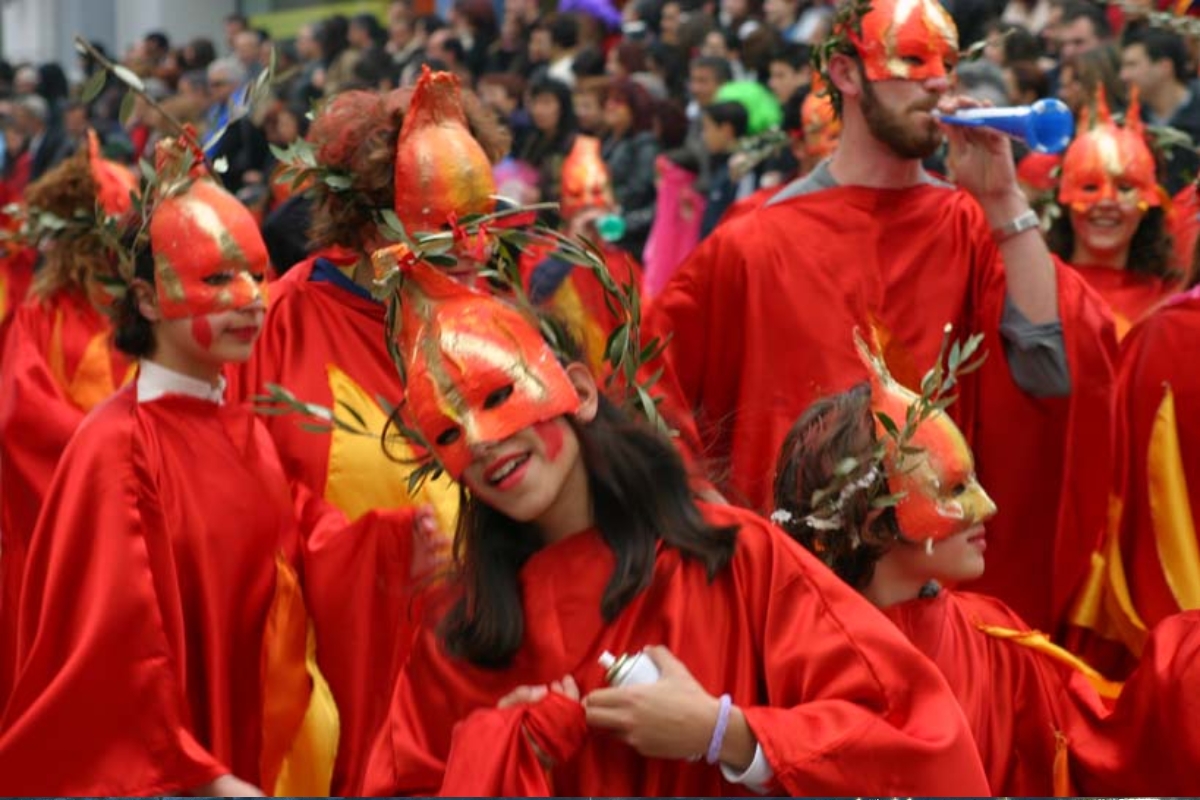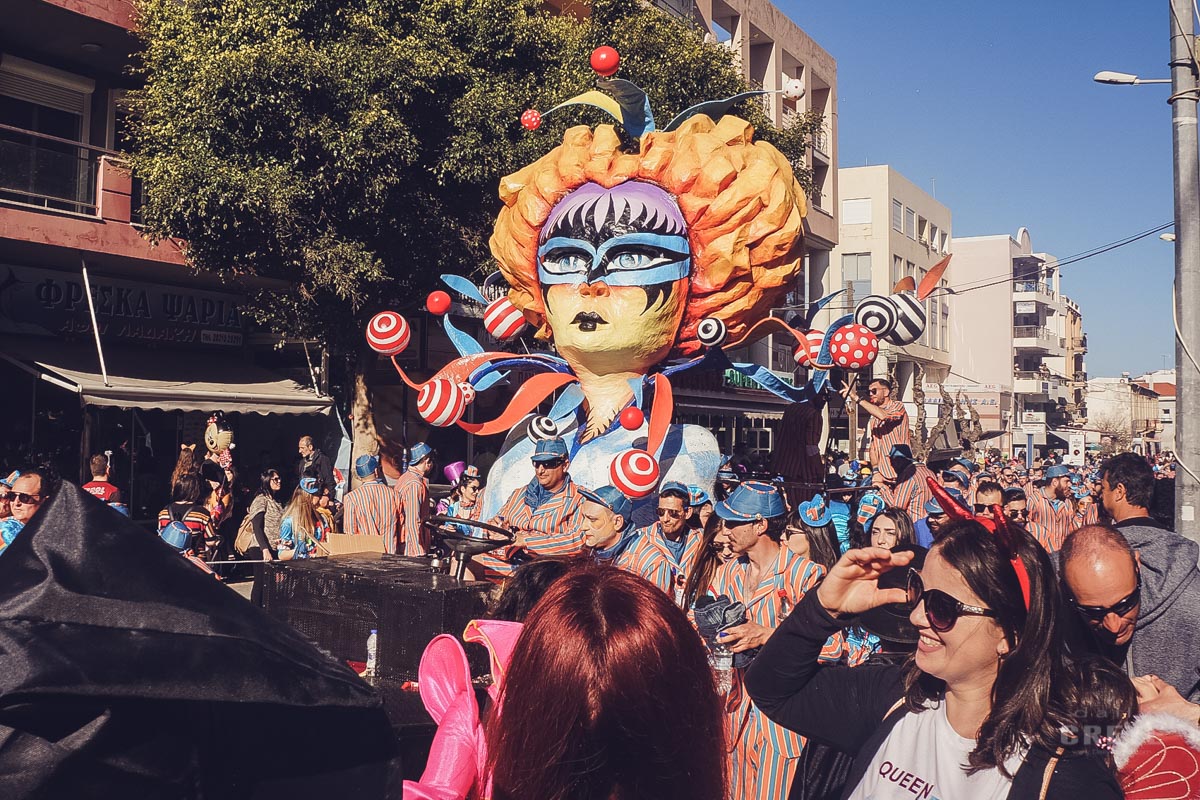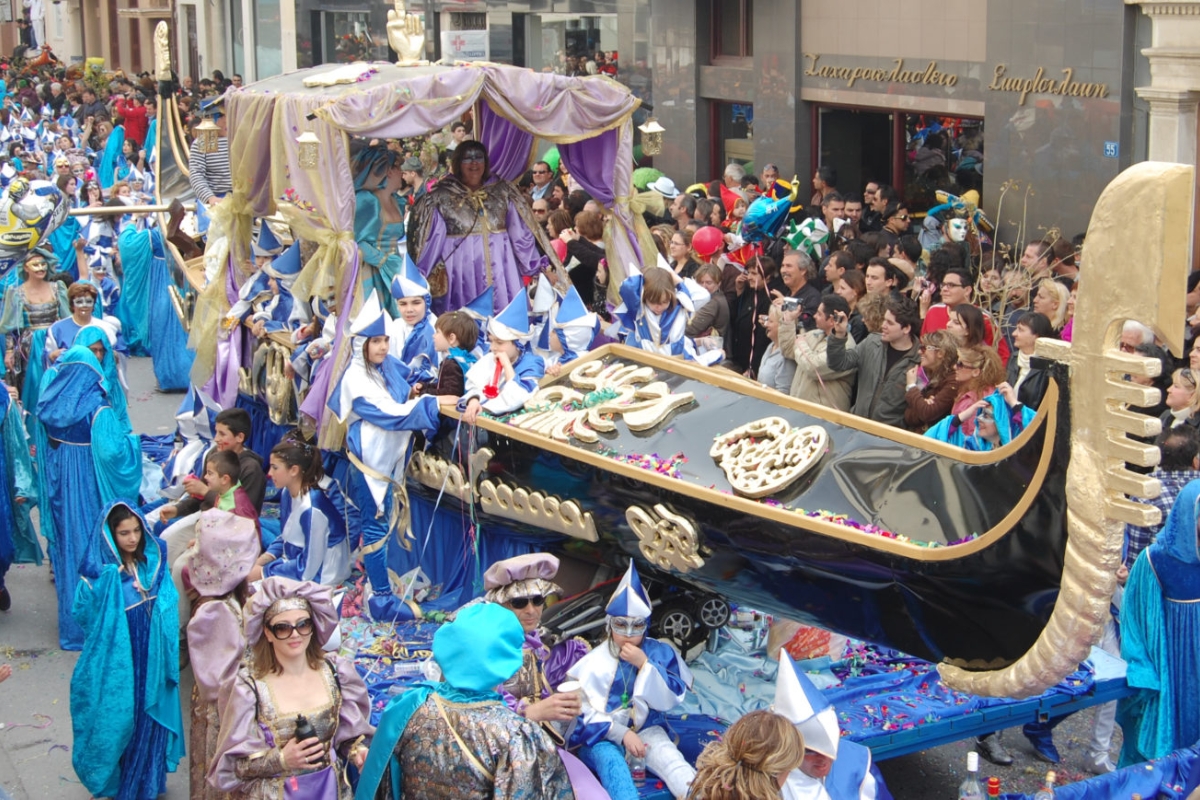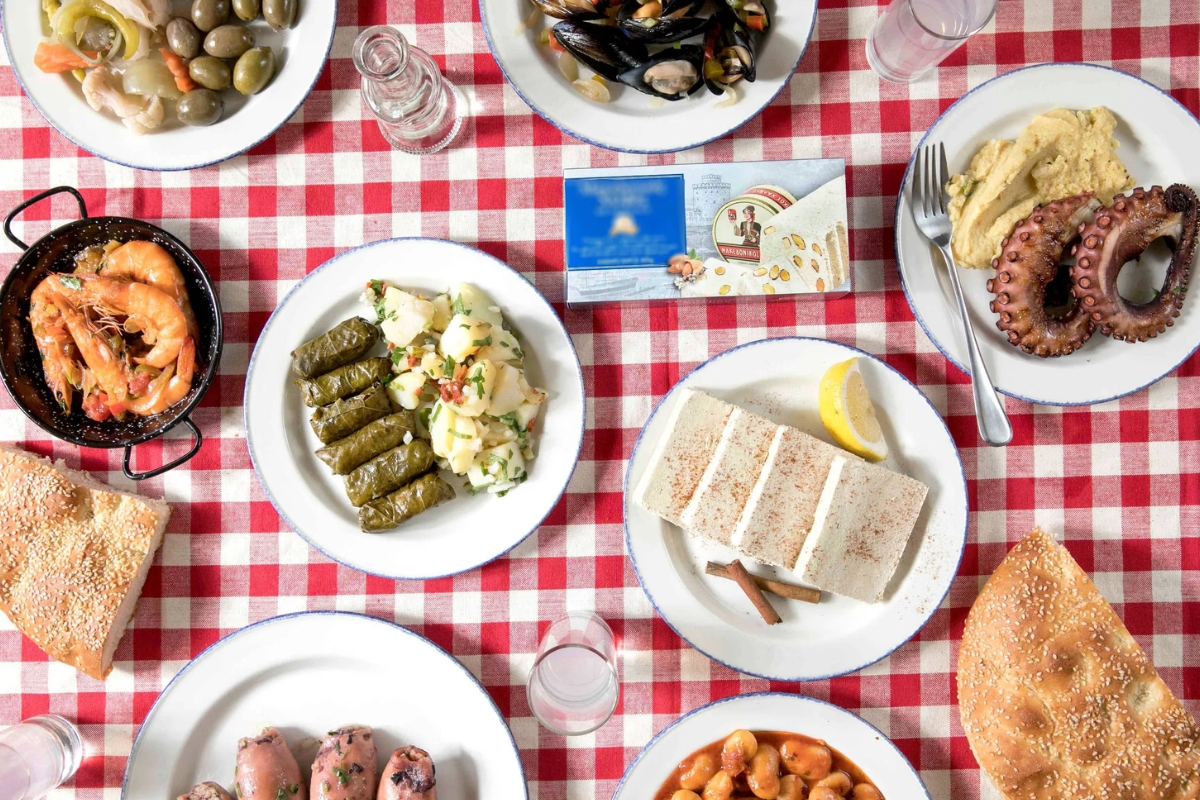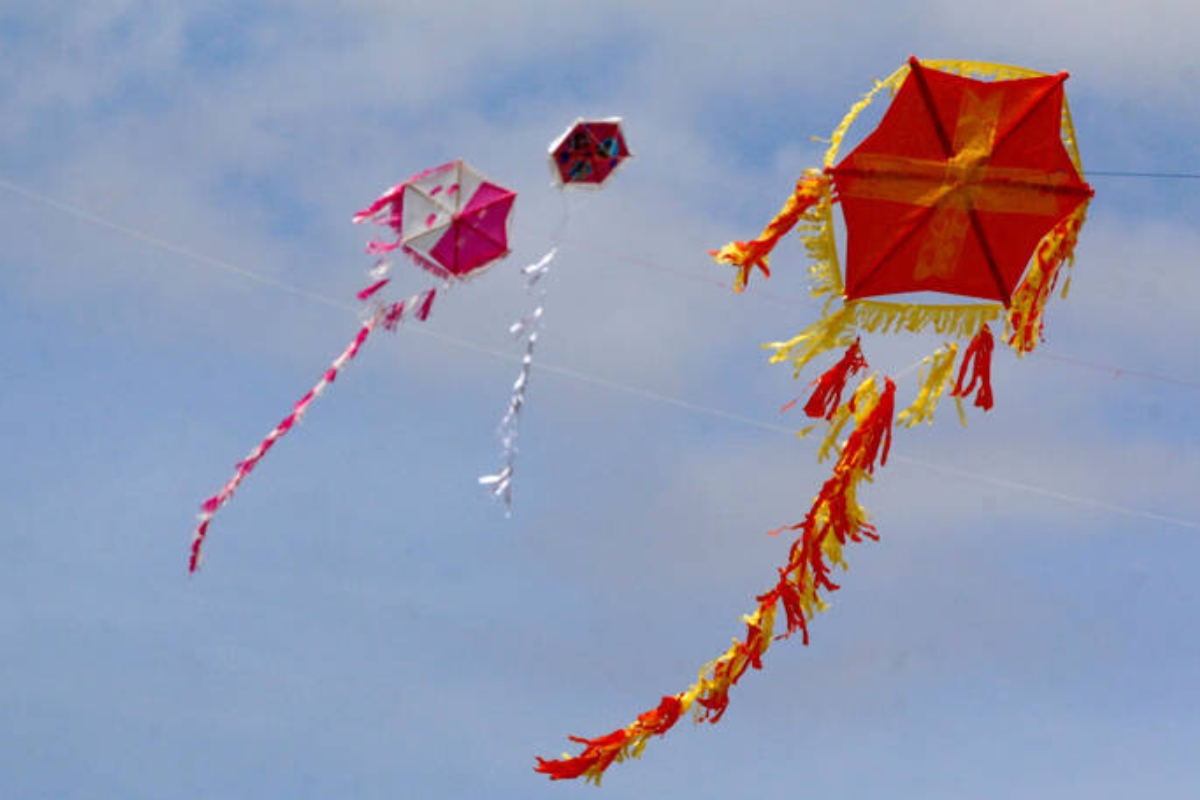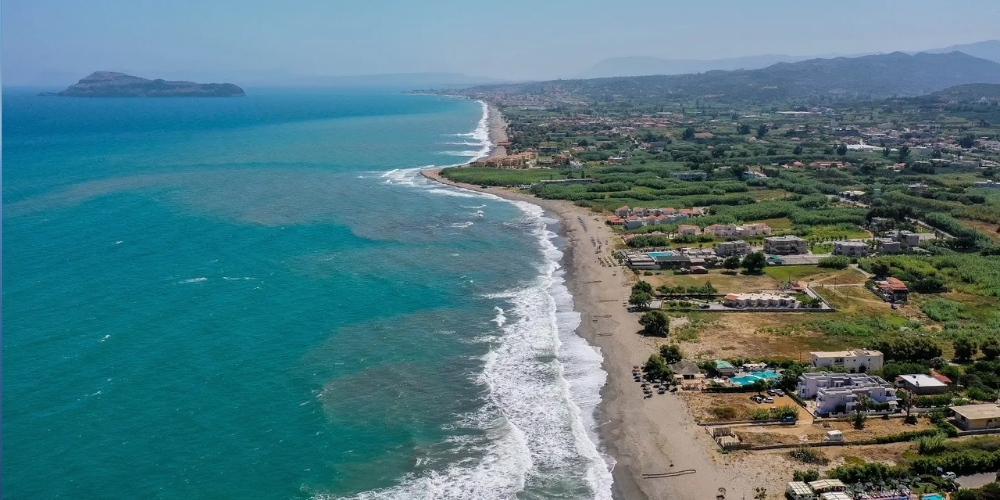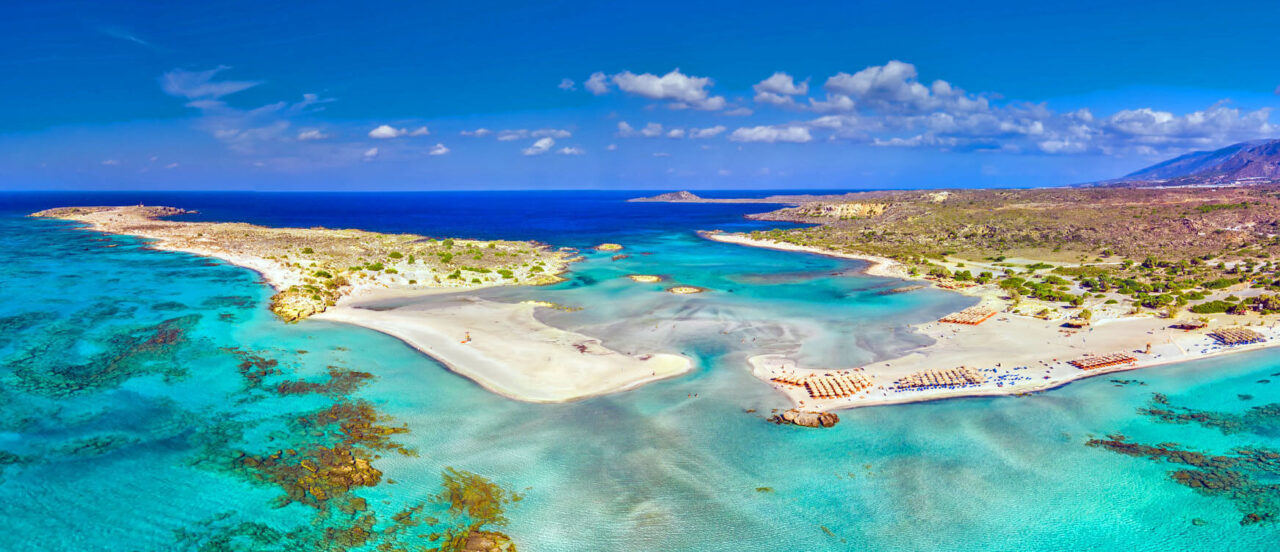OF CHAR-GRILL THURSDAY, CHEESE WEEK, AND CLEAN MONDAY
Or: why Easter takes so, so much longer in Greece
We like to make a meal of things in Greece – any excuse for a feast and we’ll be on the barbie grilling a lamb or three, either whole or in bits. And there’s no time of year we like better to make a meal of than Easter (excuse the grammar – it sounds a bit clumsy but hopefully you get our drift!). Like in many Christian communities it’s a period of Carnival, which in our case we call Apokries. In Crete, in particular, the way we celebrate harks back to Venetian times – after all Venice ruled Crete for the best part of 400 years in medieval times. So we dress up in masks and make merry.
CARNIVAL, BACCHUS, DIONYSUS, THE MINOANS AND BEYOND
Whilst Easter is a very Christian festival, like so many feast-days it has been appropriated from much earlier times. The ancient Greeks, and before them the Minoans, used to have feasts every spring to celebrate and encourage the next fertile circle of the land. History doesn’t tell us if our ancient Greek forebears foreswore meat for a period but, without doubt, they had a party.
The derivation of the word ‘carnival’ is rather interesting and, on close examination, seems to be misused in modern times. Today we see it as something of a feast where we binge on meat before going into a period of abstinence. Actually the Latin root of the word carnival means ‘without meat’. We may rather be putting the steak before the fish course!
TSIKNOPEMTI – GRILLING DAY
The real festivities started on March 7th (this year) with what is called ‘Tsiknopempti’ which roughly translates to ‘smoky Thursday’. This is the day we get our BBQs out and grill meat in every back garden and on every street corner. If you like meat the smell is amazing, mostly lamb or goat adding a thrill to the grill. Naturally we eat it with Greek salad and other delights. Some things never change!
CHEESE WEEK
After a weekend where the vast majority of the population end up with the ‘meat sweats’, we start to dial down the carnivorous aspect of the diet. This, the last week before Lent, is often called cheese week where cheese, especially goat’s cheese, becomes a staple part of the diet. By the end of cheese week we have all put on a kg or two of weight. Which, seeing what comes next, is just as well!
CLEAN MONDAY
‘Kathara Deftera,’ or ‘Clean Monday’ is one of the most important annual feasts in Crete and right across Greece, commencing the 40-day period of lent known as ‘Sarakosti’ by the Greek Orthodox Church. As ever we make a meal of things in Greece and the timing can be a bit confusing. Luckily our priests keep us on the straight and narrow!
Kathara Deftera begins on the first day of the 7th week before the Greek Orthodox Easter Sunday – so around 50 days before Easter. In an ecumenical sense Clean Monday — and therefore Lent itself — begins on the preceding Sunday night, at a special service in which all present bow down before one another and ask for forgiveness. In this way, the faithful begin the Great Lent with a clean conscience, forgiveness and renewed Christian love. Those who are devout refrain from eating anything produced by animals – so we pack the cheese away (not that there’s any left!), and the truly pious even refuse to eat honey.
IT’S ASH MONDAY – GO FLY A KITE
The day of Clean Monday is sometimes called “Ash Monday,” by analogy to Ash Wednesday, the day on which Lent begins in Western Christianity. The ritual puts an end to the riotous Carnival celebrations that preceded it, inviting all Orthodox Christians to leave behind the sin associated with festivity and non-fasting foods which largely hark back to pre-Christian times.
Ash Monday is a public holiday in Greece and celebrated with outdoor excursions, the consumption of shellfish and other fasting foods, as well as the widespread custom of building and flying kites. The kite tradition is said to be symbolic of freeing the body from sin and aspiring to soar up to heaven.
In legend Icarus tried that and came to a rather sticky end, but that’s Greek mythology and not in the modern liturgy!

